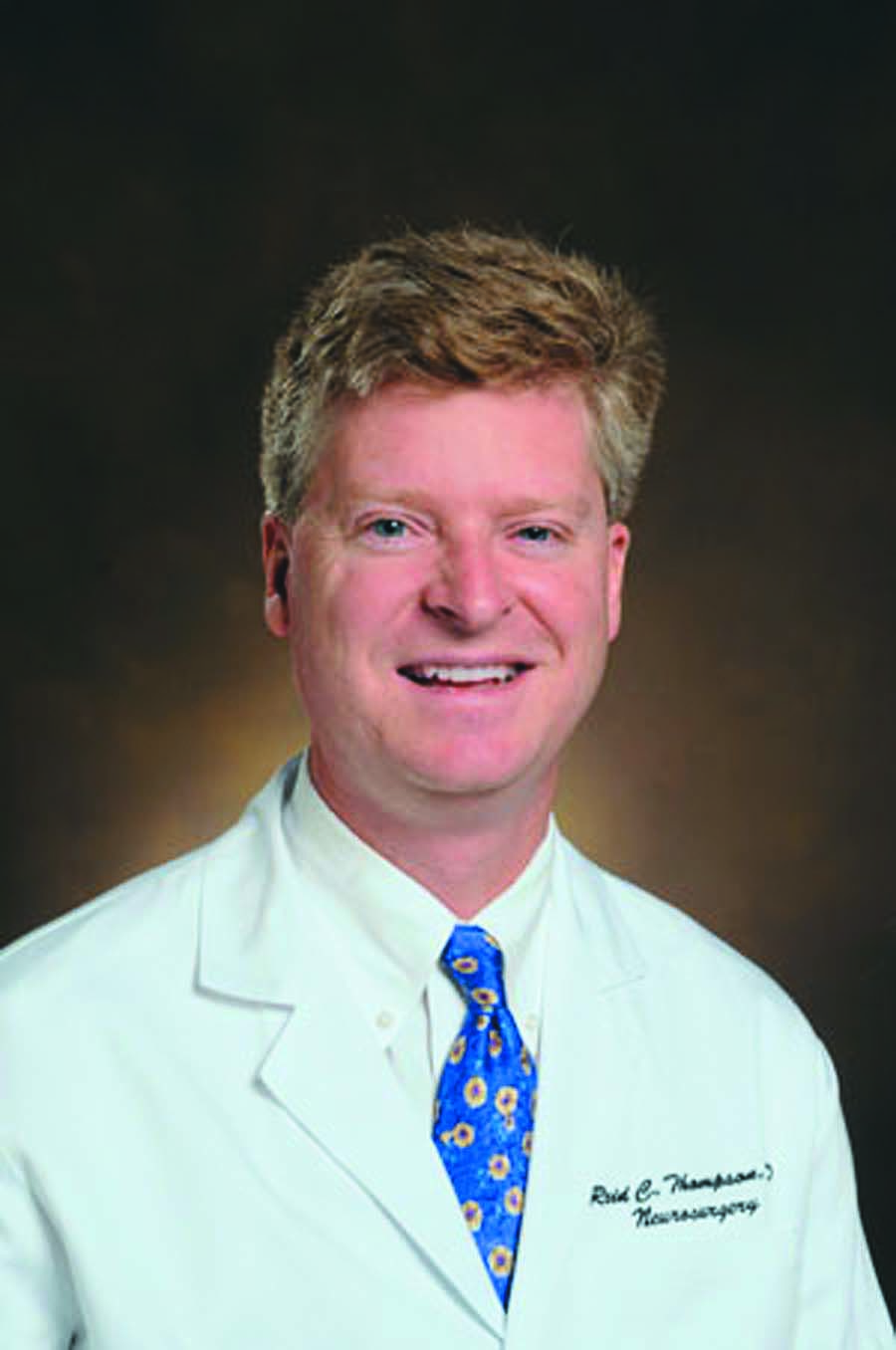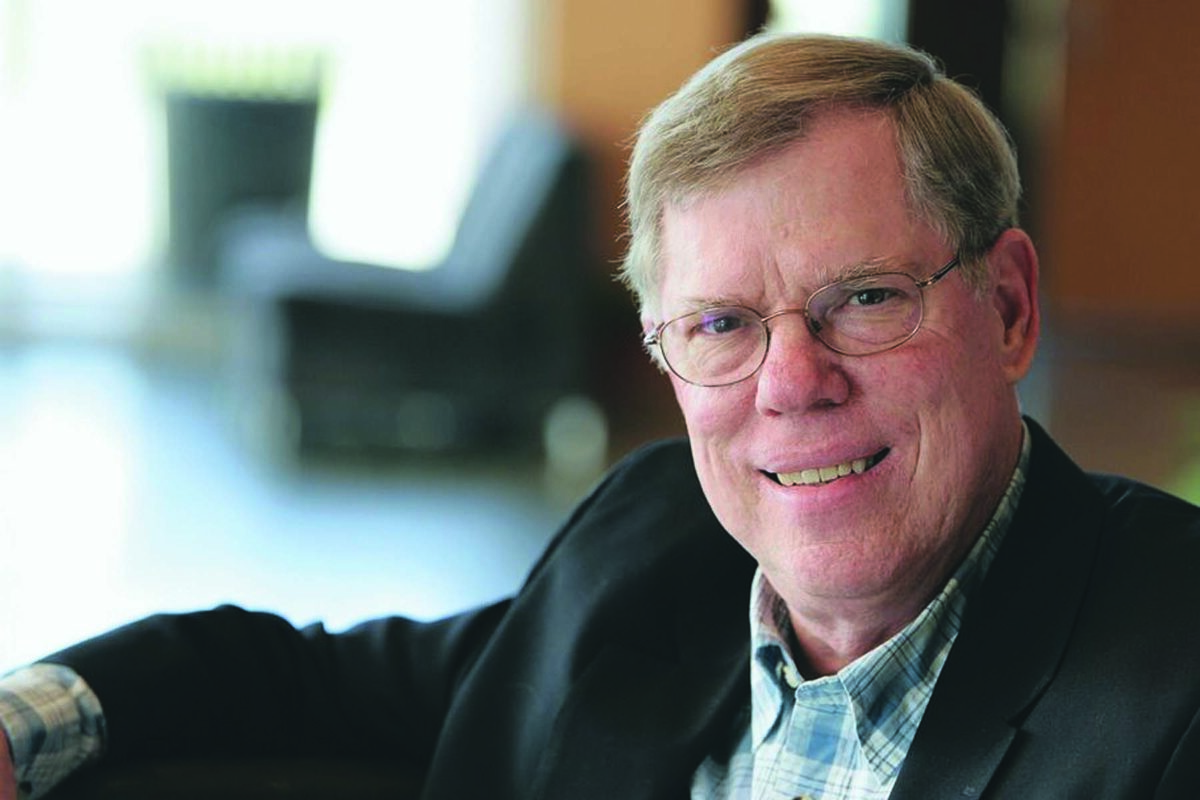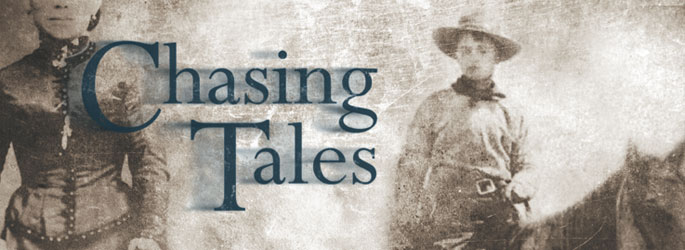When Reid Thompson ’85, biological sciences, was named chairman of Vanderbilt University’s Department of Neurological Surgery this past fall, it was yet another big step forward on a road that began at UMBC.
The recipient of the Outstanding Alumnus in Natural and Mathematical Sciences in 2008, Thompson credits UMBC with giving him a wide-ranging store of knowledge that has helped to shape him as a surgeon, a researcher and an administrator.

NeuroSurgery
“One of the things I learned at UMBC was a different way of looking at the world,” says Thompson. “A broad way of looking at the world that comes from liberal education.” Thompson’s encounters with the broader world began before UMBC. He came to university from Deerfield Academy, a New England prep school, and he had spent a good amount of time in his teenage years in Indonesia and elsewhere in Asia, where his father was working as a plant geneticist.
He was planning on attending Emory University when his parents – who had relocated to Maryland – asked him to consider a school closer to home. UMBC’s fledgling Honors Program – now the Honors College – was one attraction. But it was a prominent reminder of Indonesia in the form of UMBC’s Gamelan Angklung – an ensemble that played traditional Indonesian music – that really sealed the deal.
“I told Honors Program assistant director Barbara Ireland that I’d spent time in Indonesia,” says Thompson, “and she said that there was a really interesting guy at UMBC named Mantel Hood, who ran the ethnomusicology program. And Mantel had been the first person to bring the Indonesian Gamelan to this country – first at UCLA and then at UMBC. It was one of the only Indonesian Gamelans in the country. At UMBC. I had studied Gamelan in Indonesia, so it seemed like the stars were aligning.”
Thompson recalls that he was a student with a taste for philosophy and literature as well as biology. UMBC and the Honors Program also gave him early chances to acquire leadership skills as the student representative on curricular committees, where he remembers that campus leaders were eager to hear student points of view. “I remember sitting around a table with department chairs,” says Thompson, “and saying to myself: ‘They actually care what I think.’”
But it was the study of the human brain that most fascinated Thompson as an undergraduate. And when he finally settled on pursuing that study via a career in medicine, Honors Program assistant director Barbara Ireland (whom Thompson cites as a key mentor) arranged for Thompson to work in The Johns Hopkins University laboratory of one of America’s leading neuroscientists, Joseph T. Coyle, who eventually left Hopkins to become Eben S. Draper Chair of Psychiatry and Neuroscience at Harvard Medical School. An undergraduate’s path to a career as a neurosurgeon began to open up.
The lure of neurosurgery, says Thompson, is the chance to work closely with the brain itself on a daily basis. “To be in an operating room and see the human brain is an unforgettable thing the first time you see it,” Thompson recalls. “As a neurosurgeon, every day I get to see the brain. Neurosurgeons get to feel the human brain, and marvel at it.”
Thompson took his medical degree from Hopkins in 1989. In his career, Thompson has excelled as a surgeon, a researcher, and an administrator. An expert in surgical treatments for patients with complex brain and spinal cord tumors, Thompson was recruited to Vanderbilt by George S. Allen, chairman of the university’s neurological surgery department, to become both vice chairman of the university’s neurological surgery department and the head of its Brain Tumor Center. When Allen retired late last year, Thompson was promoted to chairman of the department.
Thompson admits that juggling surgery, research and administration is not always the easiest of tasks. “For a surgeon,” he says, “there’s always a gravitational pull to the operating room.”
But his opportunities to develop as a researcher and an academic leader have led him to discover that “I can see a larger picture. I’m seeing what it means to have your imprint on a department, and on a new generation of neurosurgeons.”
Thompson insists that his experiences at UMBC – the study of liberal arts as well as sciences – have also influenced his view of what’s needed to excel as a neurosurgeon. “You need to master a certain technical level of skill to do what we do,” he says. “But I think there’s more to it than that. There’s talking to patients about what could be potentially a fatal diagnosis. Caring for patients in a meaningful way requires more than technical skill.”
Tags: Summer 2010




